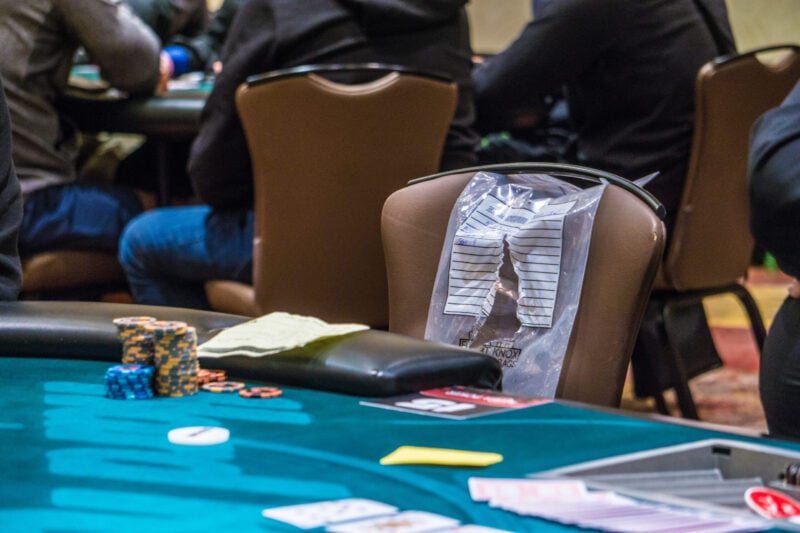
Wisconsin poker will have to remain in the realm of tribal casinos for now, after a state judge’s ruling upheld a longstanding but obscure law on the books in the Badger State.
A grassroots, player-funded push to legalize poker in Wisconsin has been dismissed by a sympathetic judge, who said that, ultimately, when it came down to the letter of the law, his hands were tied.
As reported here last week, the campaign to have poker legalized in the state, on the grounds that it is a game where skill outweighs luck, was spearheaded by poker player and sports bar owner Mark Kroon.
Kroon incidentally finished 43rd in this year’s Main Event for $164,086, but his pursuit of poker freedom in the courtrooms of Wisconsin has not been quite so successful.
The poker player was moved to challenge state law after the Department of Justice contacted him to warn him to stop offering small-stakes poker tournaments at his bar in Madison. This, in the city that spawned WSOP 14-bracelet winner Phil Hellmuth himself.
Despite that illustrious claim to fame, gambling is illegal in the state, with the exception of that which is conducted at tribal casinos, some of which do offer poker, and through state lotteries, charitable bingo games, and state-licensed parimutuel racing facilities.
Legal Precedent
Teaming up with a state representative of the Poker Players Alliance, Steve Verrett, Kroon was able to raise $10,000 in donations from players to hire a lawyer and launch his challenge.
The plaintiffs argument centered on the fact that Wisconsin law defines gambling as a bet between two parties that is “dependent upon chance even though accompanied by some skill.”
The poker players had hoped that their star witness, Robert Hannum, a professor of risk analysis at the University of Denver, would give them the edge in the case. Hannum, citing a study of over one-billion hands of online poker, was able to attest that skill predominates over luck in the long-term.
The players were seeking a declaratory judgment on the issue, and that’s exactly what they received from Judge Richard Niess, who summed up his ruling in around four minutes. Because of a legal precedent, a case from 1964 known as the State v. Morrissy, which upheld the conviction of a bar owner who had been convicted for running poker games, there was very little he could do, said Niess.
American as Apple Pie
In that case, it was established that poker was gambling, and that running poker games for money was illegal in Wisconsin.
“[The State v. Morrisy] essentially upholds a criminal conviction … for a tavern that was sponsoring poker tournaments, and specifically calls poker ‘gambling’ within the meaning of those statutes in that case,” said Judge Niess.
“That’s binding in this court whether they’ve considered your arguments … regarding skill versus chance being a predominant feature of poker or not. It doesn’t appear they did, but the case is still nonetheless binding on me.
“I’ve got to say that poker is such a rich topic on so many levels,” added the judge, who sounds like he might have enjoyed the occasional hand or two. “It’s as much a part of the American fabric, I think, as baseball and apple pie, but having said that, I can’t ignore the law here, and the law unfortunately, to use a poker analogy, is a stacked deck against the plaintiffs here.”
The plaintiffs are considering whether to launch an appeal.


